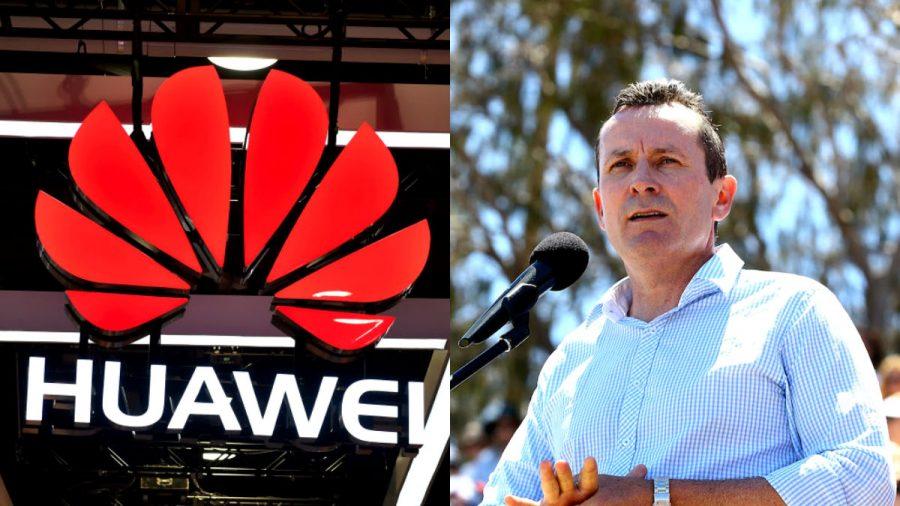The government of Western Australia (WA) was warned of national security risks just days ahead of its signing a $136.1 million contract with telco giant Huawei for the radio systems of Perth’s rail network in July, Australian media have reported.
The WA Liberal opposition obtained documents under freedom of information (FOI) laws showing that WA’s Labor premier, Mark McGowan, had been told in a confidential memo on July 2 that the technology from Shenzhen-based Huawei posed security risks within the rail network, The Australian reported.




